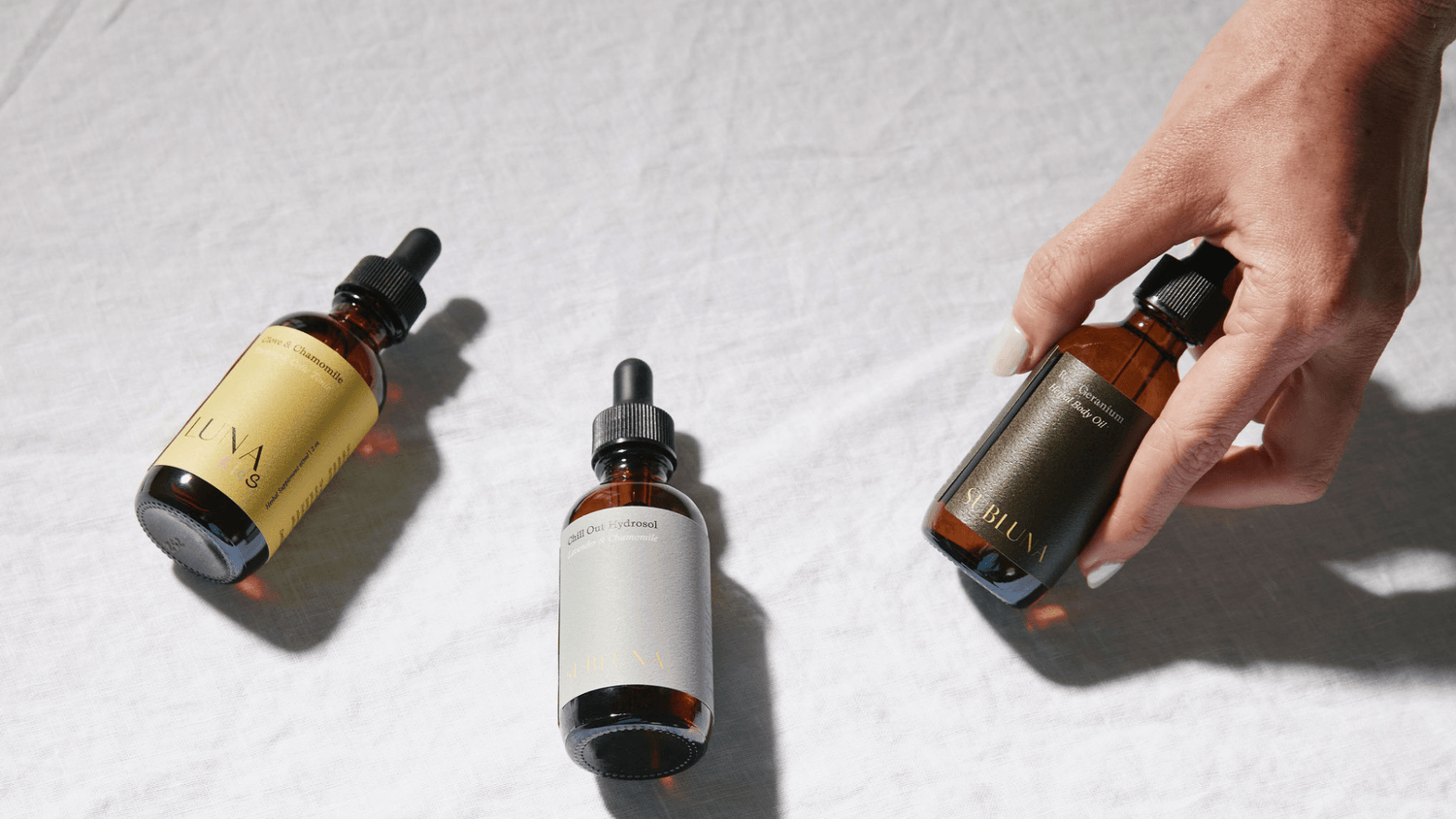Herbal Tinctures 101: Your Complete Guide to Natural Wellness
Herbal tinctures have long been a favorite in natural medicine for their potency, ease of use, and versatility. Whether you're new to herbal tinctures or looking to deepen your knowledge, this guide will answer all your questions about tinctures and how to use them effectively.
What is a Tincture?
A tincture is a concentrated liquid extract made by soaking herbs in a solvent, typically alcohol. The alcohol extracts the plant’s active compounds, making the tincture highly potent and effective. Just a few drops deliver a powerful dose of herbal medicine.
Why Use Alcohol in Tinctures?
Alcohol is an ideal solvent because it extracts a broad range of active compounds such as alkaloids, flavonoids, and tannins. It also serves as a natural preservative, extending the shelf life of tinctures. When taken under the tongue, alcohol-based tinctures quickly absorb into the bloodstream, offering rapid relief for conditions like stress or digestive discomfort.
How to Take Herbal Tinctures
Tinctures offer a flexible, easy way to incorporate herbs into your routine. Here are some methods:
- Directly by Mouth: For immediate results, place the tincture directly under your tongue for quick absorption.
- Diluted in Water or Juice: If the taste is too strong, mix the tincture with water or juice.
- In Your Water Bottle: Add your tincture to a water bottle and sip throughout the day for steady, tonic support.
- Mixed in Tea or Coffee: Adding tinctures to your tea or coffee makes it easy to integrate herbs into your daily routine.
Dosing Your Tincture
Consistent dosing is key to getting the most from your tincture. A typical starting point is 1–2 droppers, taken 2–3 times a day. Adjust the dosage based on your specific needs, the herb, and your body’s response.
How Much is One Dropper?
“One dropper” refers to the amount of liquid in a full squeeze of the tincture’s rubber bulb, which is roughly 1mL or 30 drops.
Can I Take Alcohol-Based Tinctures if I’m Pregnant, Nursing, or Sober?
Alcohol based tinctures contain a very small amount of alcohol (similar to a ripe piece of fruit), so many people who avoid alcohol feel confident working with alcohol based tinctures, while others may prefer to avoid them. If that’s you, here are some alternatives:
- Evaporate the Alcohol: Add tincture to hot water and let the alcohol evaporate.
- Glycerites: Alcohol-free tinctures made with glycerin.
- Herbal Infusions: Strong teas that offer herbal benefits without alcohol.
- Mineral Nectars: Alcohol-free alternatives made with vinegar and glycerin.
Embrace Intentional Wellness with Herbal Tinctures
Herbal tinctures offer a simple yet powerful way to support your health naturally. By understanding how to use and dose them properly, you can integrate these potent plant allies into your daily routine and take charge of your well-being



